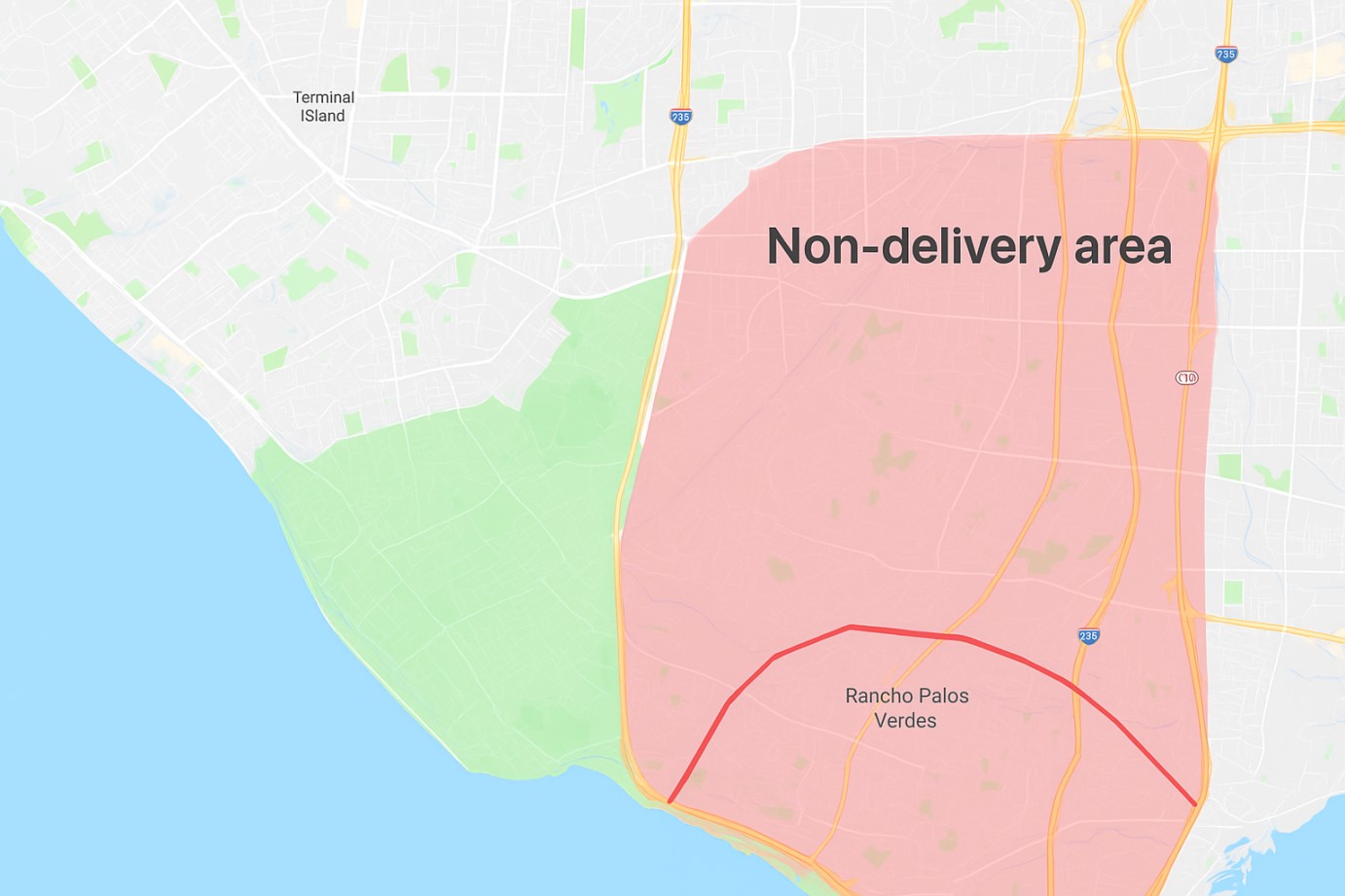This website uses cookies so that we can provide you with the best user experience possible. Cookie information is stored in your browser and performs functions such as recognising you when you return to our website and helping our team to understand which sections of the website you find most interesting and useful.
As a fellow developer, I know how important it is to customize your WordPress site exactly to your needs. One of the ways we do that is through hooks. Today, let’s dive into the post_edit_form_tag action. This action lets you append custom code to the form tag in the default post or page editor. Pretty cool, right?
Example 1: Adding Custom Attributes to the Form Tag
Sometimes, you need to add a custom attribute to the post editor form. Here’s how you can do it based on the post type.
add_action('weplugins_post_edit_form_tag', 'weplugins_custom_post_edit_form_tag');
function weplugins_custom_post_edit_form_tag($post) {
if ($post->post_type === 'your_custom_post_type') {
echo ' enctype="multipart/form-data"';
}
}
Example 2: Running the Hook
To execute the hook, simply copy and paste the following code into your theme’s functions file or a custom plugin.
// Run the action
do_action('weplugins_post_edit_form_tag', $post);
Example 3: Adding and Removing a Hook Callback
Adding a callback to the hook allows you to execute your custom function. You can also remove it when necessary.
// Define the post_edit_form_tag callback
function weplugins_action_post_edit_form_tag($post) {
// Make action magic happen here...
};
// Add the action
add_action('weplugins_post_edit_form_tag', 'weplugins_action_post_edit_form_tag', 10, 1);
// Remove the action
remove_action('weplugins_post_edit_form_tag', 'weplugins_action_post_edit_form_tag', 10, 1);
If you need customization or have any questions, feel free to Contact Us.
Explore the latest in WordPress
Trying to stay on top of it all? Get the best tools, resources and inspiration sent to your inbox every Wednesday.




